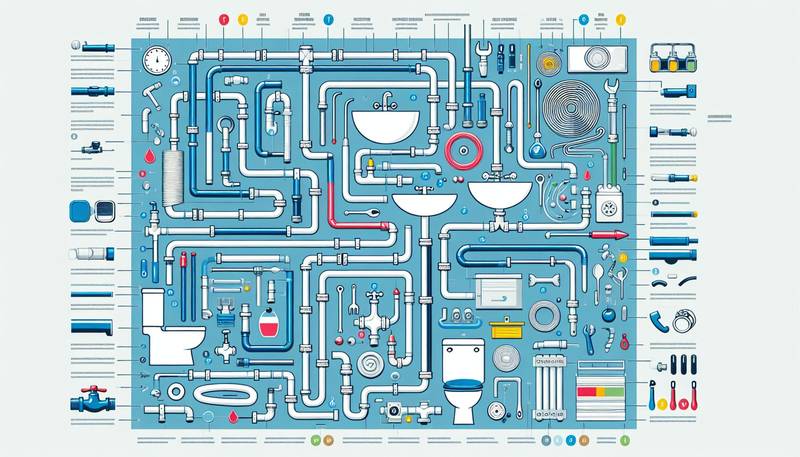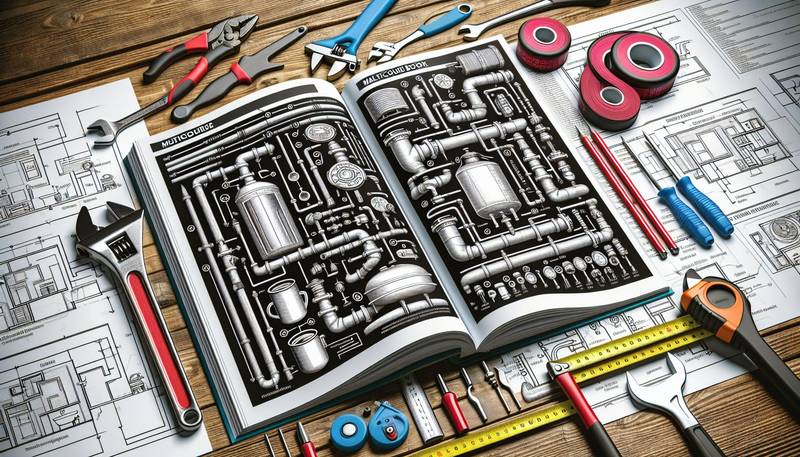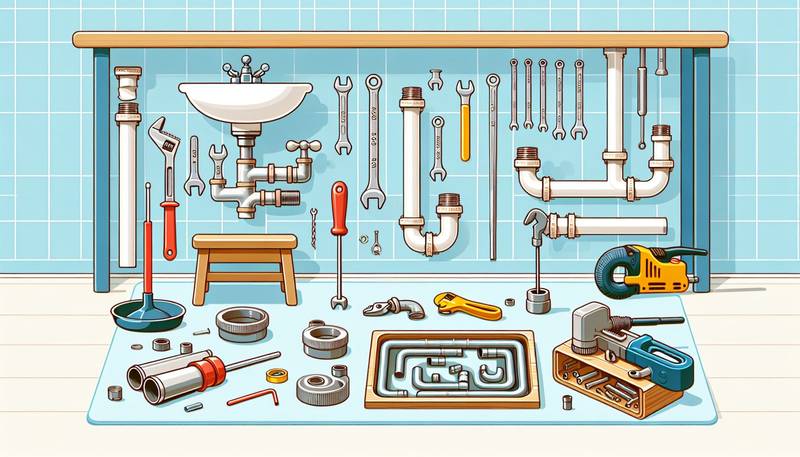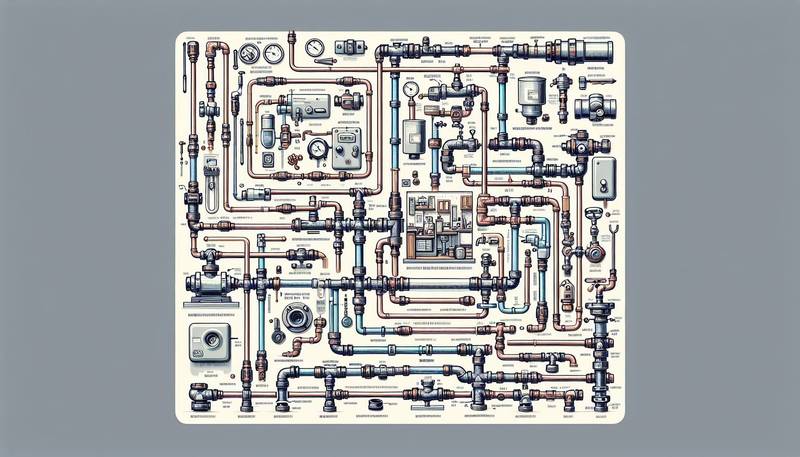The Impact of Plumbing Work on Public Health
From preventing waterborne diseases to improving sanitation practices, plumbing work is essential in promoting a healthy living environment for everyone.
Importance of Proper Plumbing Systems
Proper plumbing systems are essential for delivering clean and safe water to households, businesses, and public facilities. Without a reliable plumbing infrastructure, individuals would be at risk of consuming contaminated water, leading to various health issues. Additionally, efficient sewage disposal systems are necessary to prevent the spread of diseases caused by improper waste management. By ensuring that water supply and sewage systems are properly installed and maintained, plumbing work contributes to the overall health and well-being of society.
Preventing Waterborne Diseases
One of the primary benefits of plumbing work is its role in preventing waterborne diseases. Contaminated water can be a breeding ground for bacteria, viruses, and parasites that cause illnesses such as cholera, typhoid fever, and giardiasis. Proper plumbing systems, including water treatment facilities, pipes, and fixtures, help to ensure that water is clean and safe for consumption. By providing access to high-quality drinking water, plumbing work plays a crucial role in protecting public health and preventing the spread of waterborne diseases.
Improving Sanitation Practices
In addition to providing clean water, plumbing work also helps to improve sanitation practices within communities. Proper sanitation is essential for preventing the spread of infectious diseases and maintaining overall health and hygiene. Plumbing systems, such as toilets, sinks, and drainage systems, play a vital role in ensuring that waste is properly disposed of and does not contaminate the environment. By promoting good sanitation practices through effective plumbing work, public health officials can reduce the risk of disease transmission and improve the quality of life for individuals and communities.
Enhancing Indoor Air Quality
Another important aspect of plumbing work is its impact on indoor air quality. Poorly designed or malfunctioning plumbing systems can lead to indoor air pollution, which can have negative effects on respiratory health. For example, leaks in pipes or fixtures can promote the growth of mold and mildew, which can release harmful spores into the air. Additionally, improperly vented sewage systems can release toxic gases like methane and hydrogen sulfide into indoor spaces. By ensuring that plumbing systems are properly installed and maintained, public health experts can help to improve indoor air quality and reduce the risk of respiratory illnesses caused by indoor pollutants.
Conclusion
In conclusion, plumbing work plays a crucial role in promoting public health by providing clean and safe water supply, efficient sewage disposal systems, and improved sanitation practices. By preventing waterborne diseases, improving indoor air quality, and enhancing overall hygiene standards, plumbing work contributes to the well-being of individuals and communities. It is essential for public health officials, policymakers, and individuals to recognize the importance of proper plumbing systems and to invest in maintaining and improving plumbing infrastructure to protect public health now and in the future.











